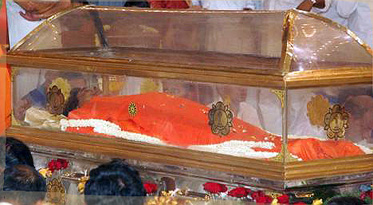Japan has made it illegal to enter a 20km (12-mile) evacuation zone around the stricken
Fukushima nuclear reactor.
People were urged to leave the area shortly after the 11 March earthquake and tsunami crippled the plant, but the order was not enforced by law.
Cooling systems were knocked out by the twin disasters and radiation has been leaking from the plant.
Brief re-entry will be allowed to the area's 80,000 former residents to collect belongings.
It is not clear how many people are living in the evacuation zone, but reports said police had counted at least 60 families.
After the disaster the government also declared a wider 10km zone around the 20km evacuation area where people should either stay indoors or leave.
It later recommended that people also evacuate that area as well.
"The plant has not been stable," said chief government spokesman Yukio Edano.
"We have been asking residents not to enter the area as there is a huge risk to their safety," he said. "Unfortunately, there are still some people in the areas."
"Today... we have decided to designate the area an emergency area based on disaster law."
Long wait
Most of the evacuees are living in sports hall and gymnasiums waiting to return home.
It could be a long wait, says the BBC's Roland Buerk in Tokyo, as the plant's operator, Tokyo Electric Power Co (Tepco), has said it aims to bring the reactors to a cold shutdown within nine months.
The evacuation zone will be reassessed then, adds our correspondent.
Residents would be allowed supervised visits of two hours to collect belongings, which would be screened for radiation contamination.
Workers at the
Fukushima Daiichi plant are attempting to remove highly radioactive water from a reactor building to allow repair work to the cooling systems knocked out on 11 March.
Emergency workers have been unable to enter any of the damaged reactor buildings at the plant since then.
Nearly 14,000 people have been confirmed to have died in the
earthquake and tsunami and more than 13,000 people are missing.
Read More
http://www.bbc.co.uk/news/world-asia-pacific-13153339

























